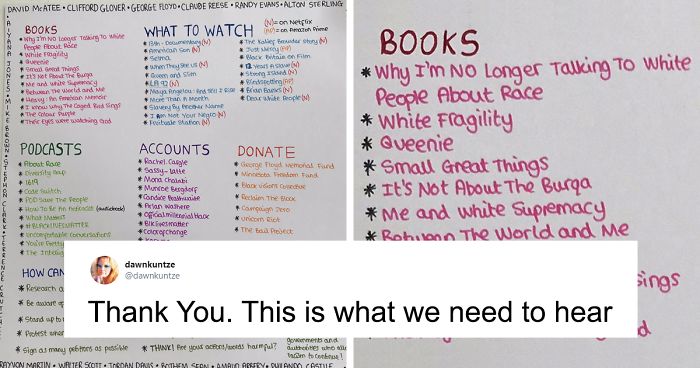
“How Can I Use My Privilege To Help”: Woman Creates A List Of Recommendations For Every Person Who Wants To Help
Interview With AuthorPeople from all walks of life are coming out in support of the Black Lives Matter movement and are demanding justice for George Floyd. But what exactly can we do to help BLM, the African-American community, and all people of color? There’s no single answer, but some people are doing their part in helping others educate themselves. Betsy Faulkner from Manchester created a poster with a list of books, movies, documentaries, and podcasts that people should read, watch, and listen to if they want to support BLM.
She also added a list of organizations, charities, and initiatives that you can donate to if you want to make a difference. Scroll down for the links to every single resource that Betsy has shared, as well as for some more educational links that explain systemic racism and white privilege. If you have any resources to share or any suggestions, post them in the comments section below, dear Pandas.
Betsy told Bored Panda that the response to her poster has been overwhelming and unexpected. “While I was aware it would be a useful resource, I assumed it would stay among my friends and followers, but instead it has reached a much wider audience. Even actress Susan Sarandon! I’m so happy to know that the message and tips have been shared and received well by many and I hope it translates into better education and awareness of the movement.” Scroll down for the rest of our interview with Betsy.
More info: Instagram | Twitter | YouTube
This post may include affiliate links.
Betsy Faulkner created a poster with useful information for everyone who wants to support BLM and POC
Image credits: _betsyfaulkner
Here’s the info on the poster from up close. Books
- Why I’m No Longer Talking To White People About Race
- White Fragility
- Queenie
- Small Great Things
- It’s Not About The Burqa
- Me And White Supremacy
- Between The World And Me
- Heavy: An American Memoir
- I Know Why The Caged Bird Sings
- The Color Purple
- Their Eyes Were Watching God
What to watch
- 13th
- American Son
- Selma
- When They See Us
- Queen And Slim
- LA 92
- Maya Angelou: And Still I Rise
- More Than A Month
- I Am Not Your Negro
- Fruitvale Station
- The Kalief Browder Story
- Just Mercy
- Black Britain On Film
- 12 Years A Slave
- Strong Island
- Blindspotting
- Brian Banks
- Dear White People
Podcasts
- About Race
- Diversity Gap
- 1619
- Code Switch
- POD Save The People
- How To Be An Antiracist
- What Matters
- #BLACKLIVESMATTER
- Uncomfortable Conversations
- You’re Pretty For A…
- The Intelligence
Accounts
- Rachel Cargle
- Sassy-Latte
- Mona Chalabi
- Munroe Bergdorf
- Candice Brathwaite
- ArlanWasHere
- Official Millenial Black
- Blklivesmatter
- Colorofchange
- Karamo
Donate
- George Floyd Memorial Fund
- Minnesota Freedom Fund
- Black Visions Collective
- Reclaim the Block
- Campaign Zero
- Unicorn Riot
- The Bail Project
“How can I use my privilege to help?”
“Everything happening in the US at the moment is long overdue but it’s almost a shame it’s come during the pandemic. While I am desperate to join the protests in my city, I have to make sure I secure the safety of my family, as they are key workers,” Betsy told us. “It’s so amazing to see all 50 states participating in protests which I believe makes this the biggest civil rights movement in history. I just sincerely hope change comes about as a result. The first step is ensuring all four officers are charged and sentenced, and I am confident that this has only become a possibility as a result of the protests and a huge increase in awareness of the movement. It has really proven that using your voice is vital in bringing about necessary change.”
She explained that in her opinion, reforming the US system won’t be easy. Betsy stated that the American justice system “wasn’t initially designed to protect POC.” She believes that even though the challenge might seem daunting, everything starts with the people and education. “Racism is taught. Therefore we must unlearn these deep-rooted harmful stereotypes and attitudes and stop teaching our children such hatred. We need to stop allowing our family and friends to carry this negative attitude and educate one another to treat people with equality.”
Betsy continued: “Listen to their stories and make them feel important like they deserve. This isn’t just in the eyes of the law but in the streets, in homes, schools, locker rooms, and in every walk of life.”
She pointed out that real change won’t happen until politicians are held accountable and until Americans “stop voting for racist leaders.”
Voting is key
Betsy added: “My political opinion aside, nobody can deny that a large majority of politicians have been openly racist and this needs to stop. What example does this set for our children? The simplest solution, however, is to treat everyone, regardless of race, with respect, dignity, and love. When we all master that, the world will be a much better place.”
Betsy doesn’t deny that she has white privilege—instead, she says she used it to make important information accessible to everyone. She urges people to do more than simply repost images on the internet. Real change happens when we change and learn new things.
She believes that other people can use their own privilege to help. According to Betsy, we should all be proactive by standing up to racism, protesting, signing petitions, holding ourselves accountable, and supporting POC businesses. But the biggest way to make a difference is by exercising your political rights and by voting.
One of the books that Betsy mentioned in her poster is White Fragility by University of Washington professor Dr. Robin DiAngelo. In her book, she analyzes why white people find it difficult to talk about racism and discusses how they can engage more constructively across race. You can watch a lecture by DiAngelo on the topic right here. It’s long but it’s very insightful.
If you’d like to learn more about what systemic racism is and what it looks like, you can watch this short video that summarizes the issue right here.
People absolutely loved her poster and some had additional suggestions about what to read and watch
Image credits: LivingTru
Image credits: Rillymeen
Image credits: issadonvibe
Image credits: doTERRASher
Image credits: dawnkuntze
39Kviews
Share on FacebookOr, here's a radical idea, just treat everyone else the way you expect to be treated. No need to indoctrinate White Guilt into people.
The challenge is - not everyone wants to be treated the same. And not everyone believes in equality to begin with. And those, who don't believe in what is such a simple, positive idea of "doing unto others, as you would have those do unto you", are the ones that the rest of us (ie the majority of us, I'd hope) have to worry about. And it's those, that we are trying to deal with, in order to stop the bigotry. This list, is about providing resources that can help the majority deal with those horrid few who just can't understand the idea of treating others as being equal to themselves. It's such a simple idea - and yet one that is sadly ignored by those horrid few. Hopefully this will at least help people find ways to make it better. Hopefully. <3
Load More Replies...Hi Christin, I'm a "Mixie" too (I call myself a "bitsa" ie bitsa this, and bitsa that"). It's a tricky path the walk, especially considering the racial tensions happening within the US. It's one of those things where I 100% agree with not focusing on the guilt, which is why I like this post, because it's about how *anyone* can be proactive in helping, as opposed to having guilt alone as the focus. I think that most people just don't know what to *do* in order to make things better. Having a list of things that people can choose from, I believe is a wonderful way to empower people to take action, and not just get caught in the anger / sadness / frustration of it all. Hopefully it will start to help make things better. I hope. <3
Load More Replies...Can we please stop using the term "white privilege"? Assuming I have privileges because of my skin color is just wrong. I have seen wealthy privileged people in all shapes and colors. I have seen poor, down and out people in all shapes and colors.
This why intersectionality ( looking at factors like age, gender, class etc) is paramount when discussing privilege. White privilege is a thing but it exists in context of other hierarchies as well
Load More Replies...Or, here's a radical idea, just treat everyone else the way you expect to be treated. No need to indoctrinate White Guilt into people.
The challenge is - not everyone wants to be treated the same. And not everyone believes in equality to begin with. And those, who don't believe in what is such a simple, positive idea of "doing unto others, as you would have those do unto you", are the ones that the rest of us (ie the majority of us, I'd hope) have to worry about. And it's those, that we are trying to deal with, in order to stop the bigotry. This list, is about providing resources that can help the majority deal with those horrid few who just can't understand the idea of treating others as being equal to themselves. It's such a simple idea - and yet one that is sadly ignored by those horrid few. Hopefully this will at least help people find ways to make it better. Hopefully. <3
Load More Replies...Hi Christin, I'm a "Mixie" too (I call myself a "bitsa" ie bitsa this, and bitsa that"). It's a tricky path the walk, especially considering the racial tensions happening within the US. It's one of those things where I 100% agree with not focusing on the guilt, which is why I like this post, because it's about how *anyone* can be proactive in helping, as opposed to having guilt alone as the focus. I think that most people just don't know what to *do* in order to make things better. Having a list of things that people can choose from, I believe is a wonderful way to empower people to take action, and not just get caught in the anger / sadness / frustration of it all. Hopefully it will start to help make things better. I hope. <3
Load More Replies...Can we please stop using the term "white privilege"? Assuming I have privileges because of my skin color is just wrong. I have seen wealthy privileged people in all shapes and colors. I have seen poor, down and out people in all shapes and colors.
This why intersectionality ( looking at factors like age, gender, class etc) is paramount when discussing privilege. White privilege is a thing but it exists in context of other hierarchies as well
Load More Replies...
 Dark Mode
Dark Mode 

 No fees, cancel anytime
No fees, cancel anytime 



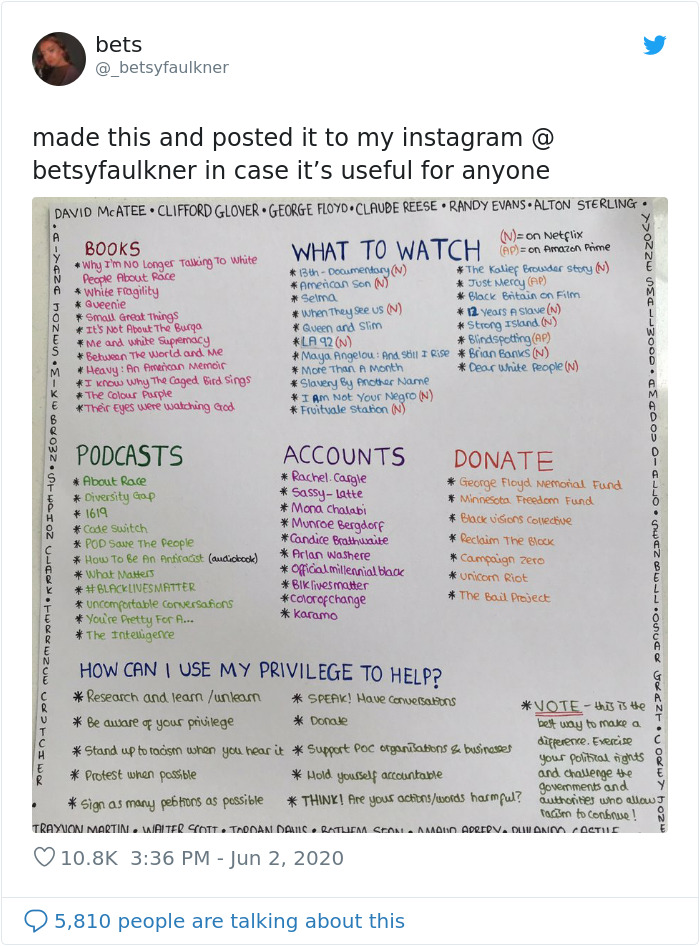
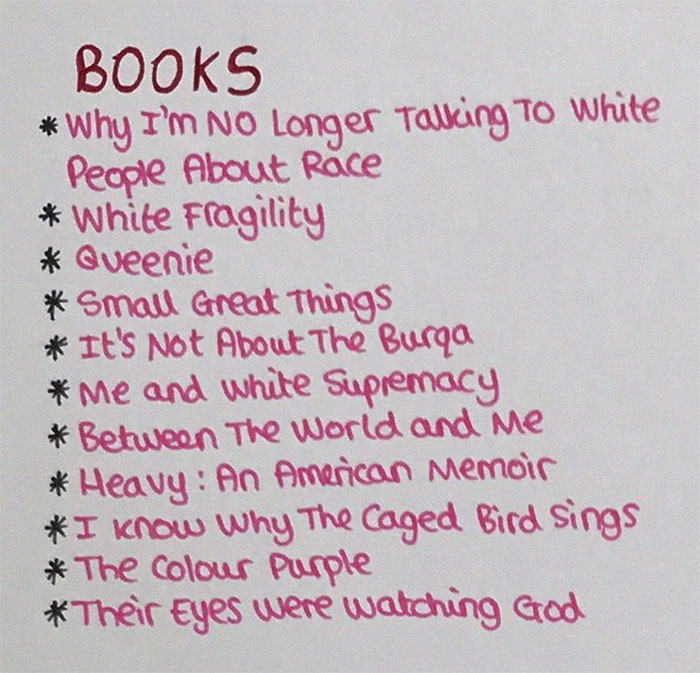
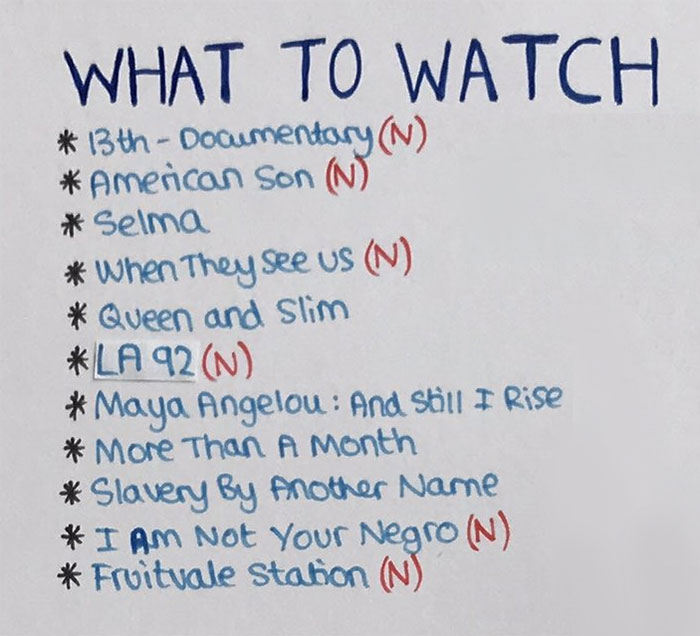
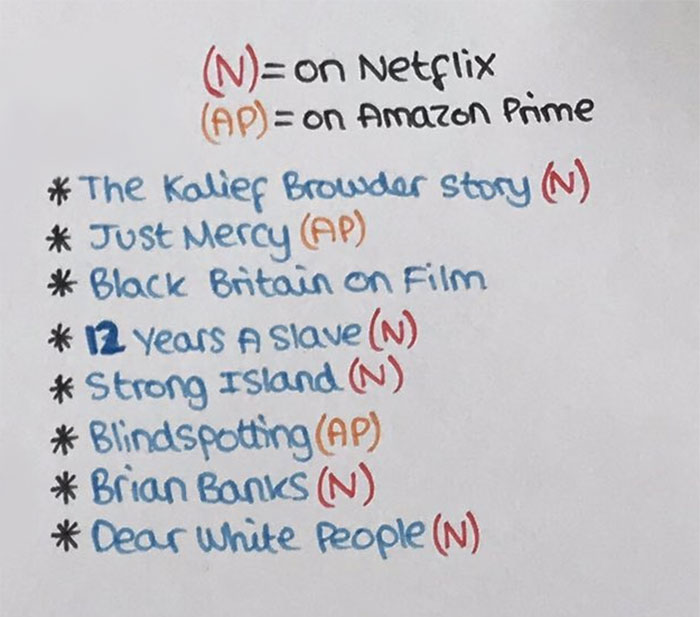
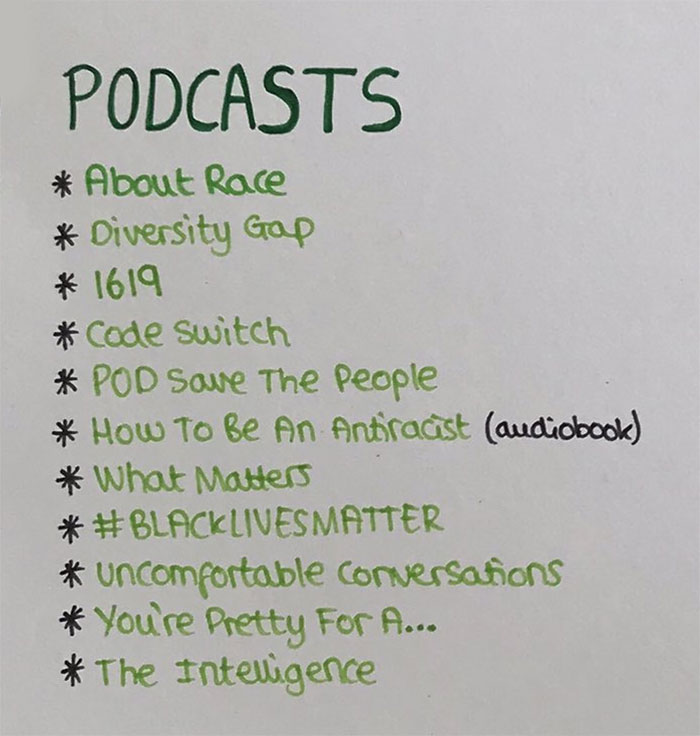
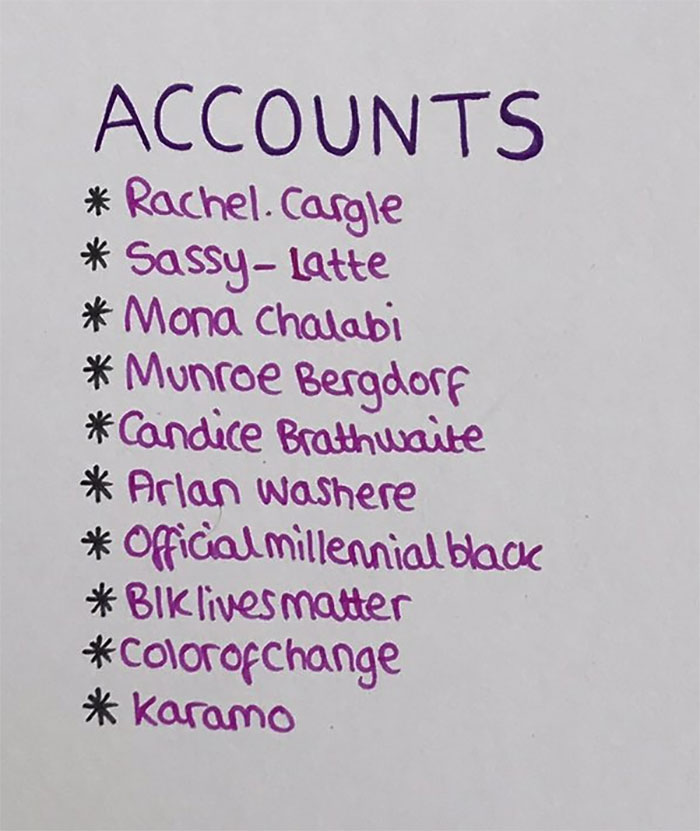
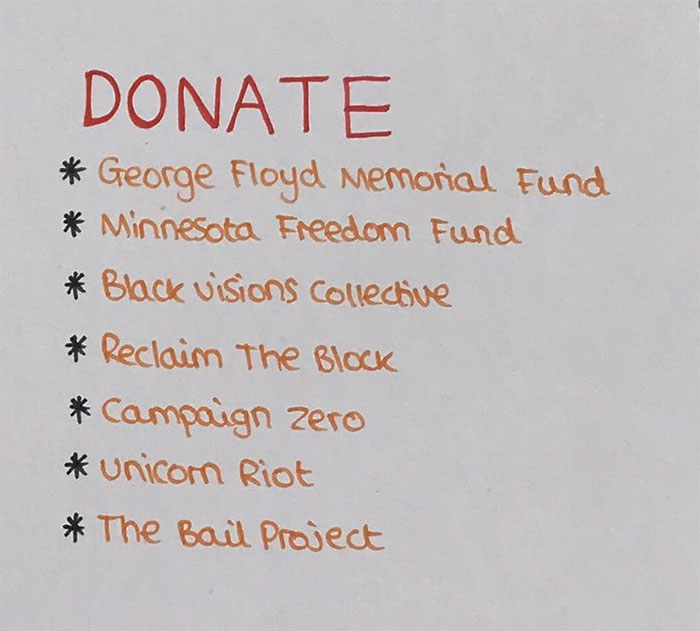

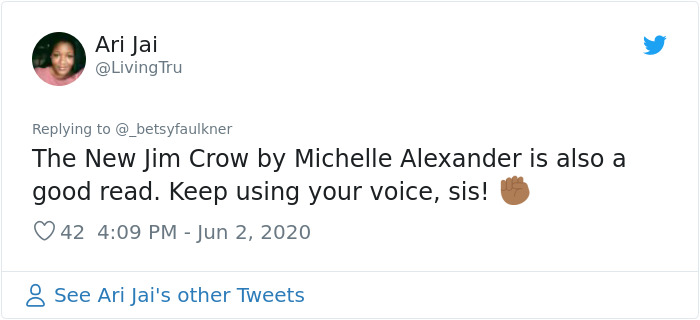
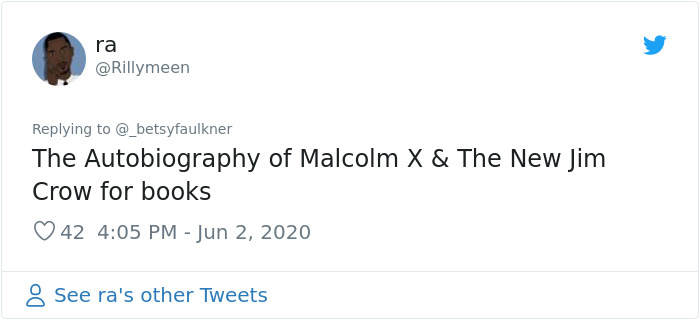
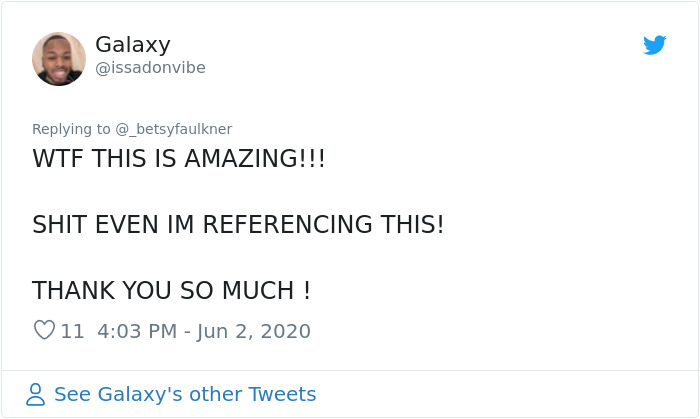

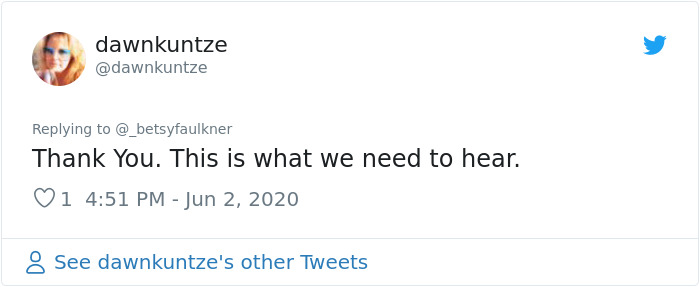
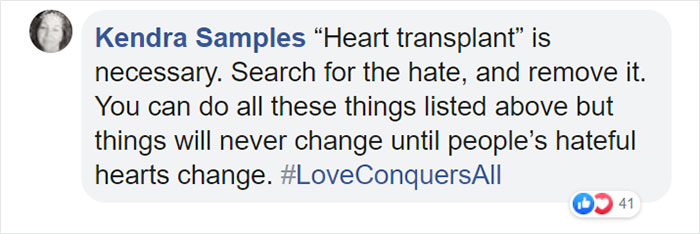




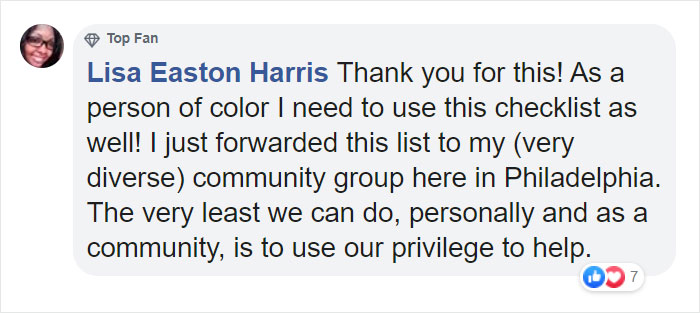





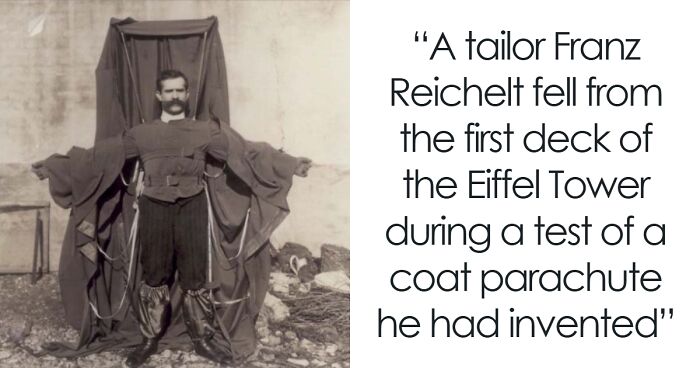
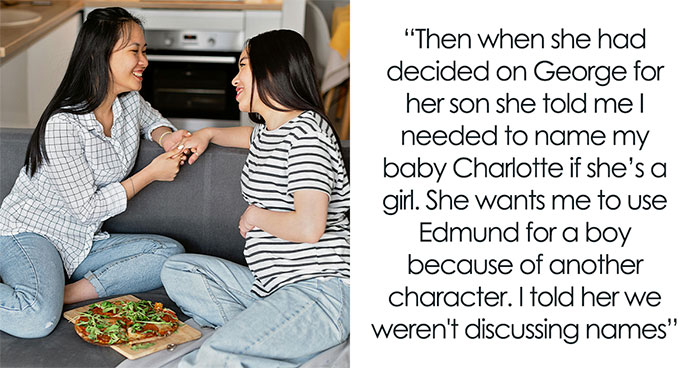
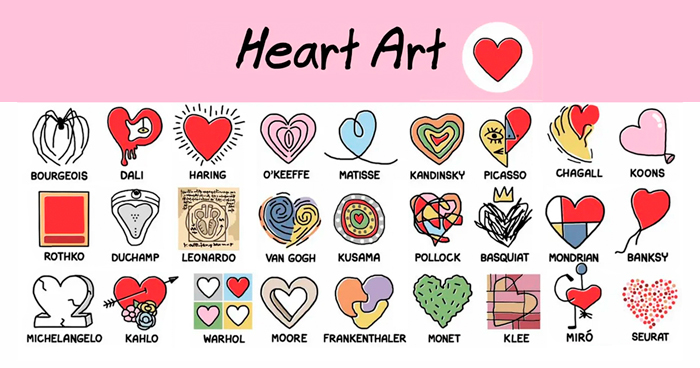







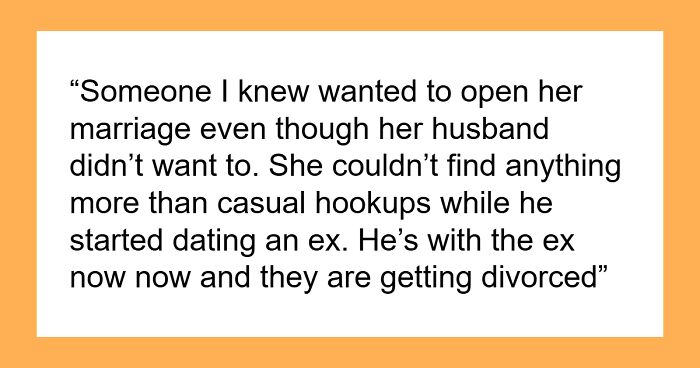
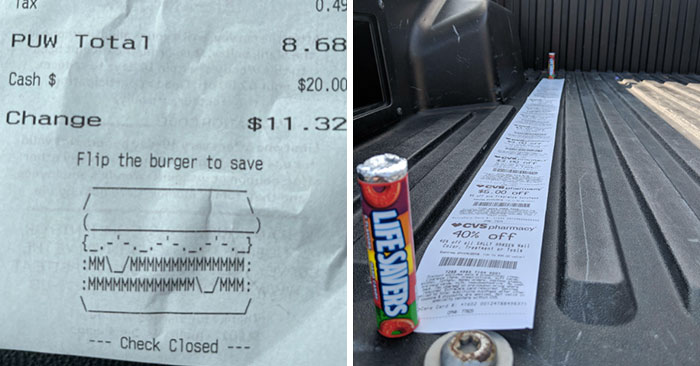




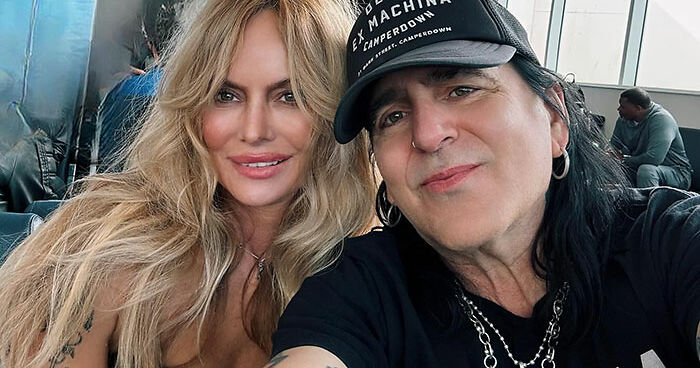
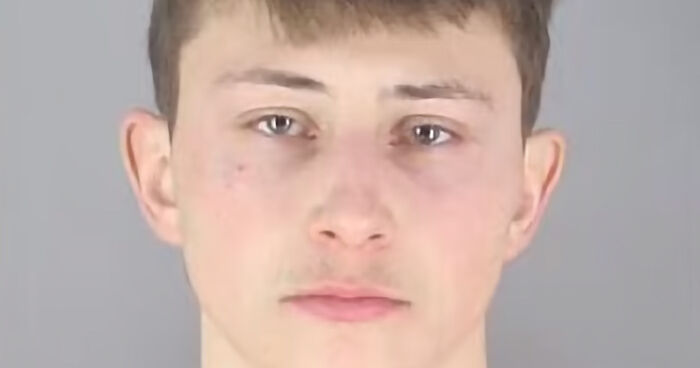
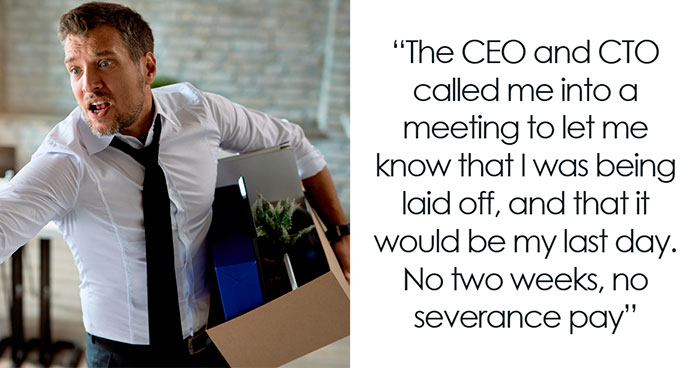
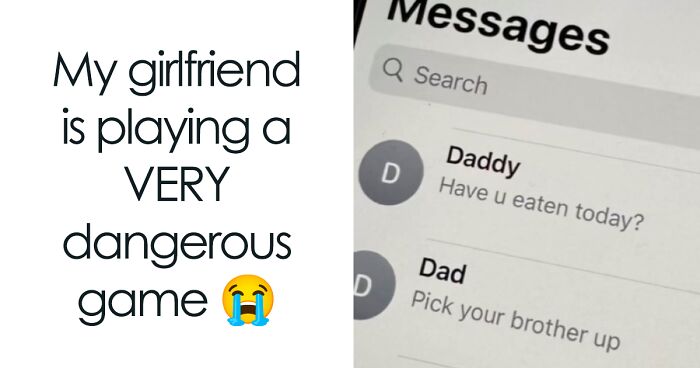
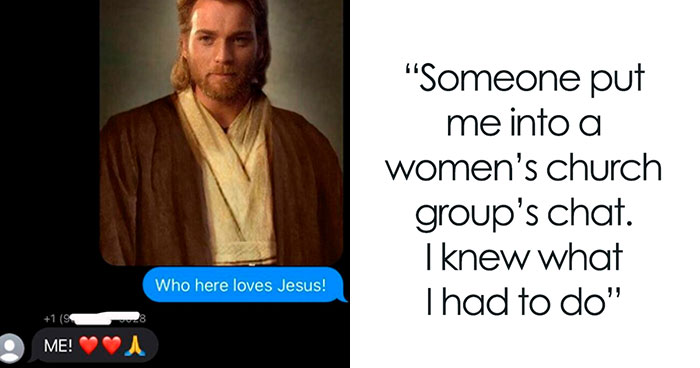
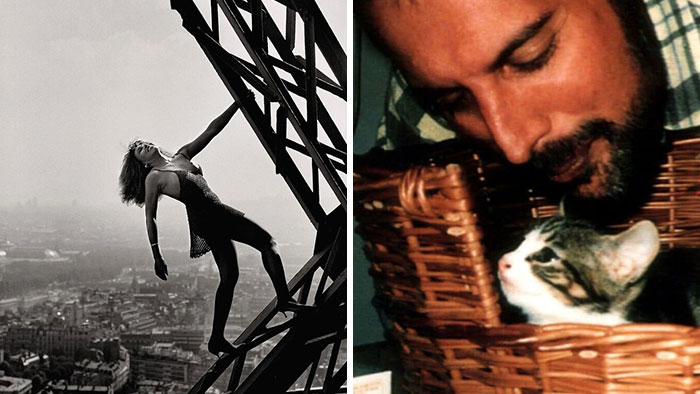
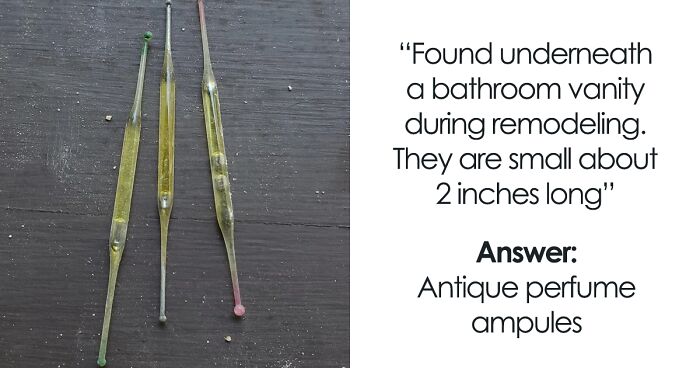

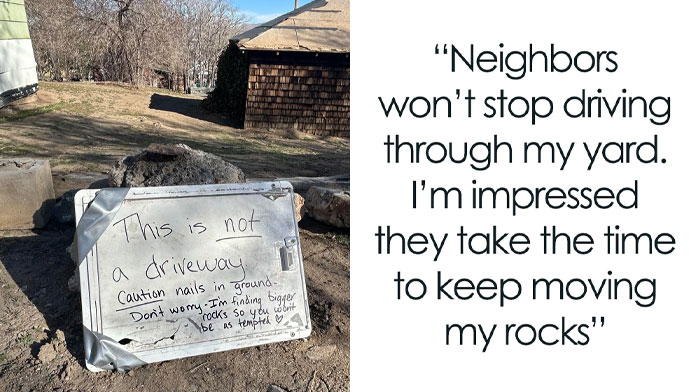

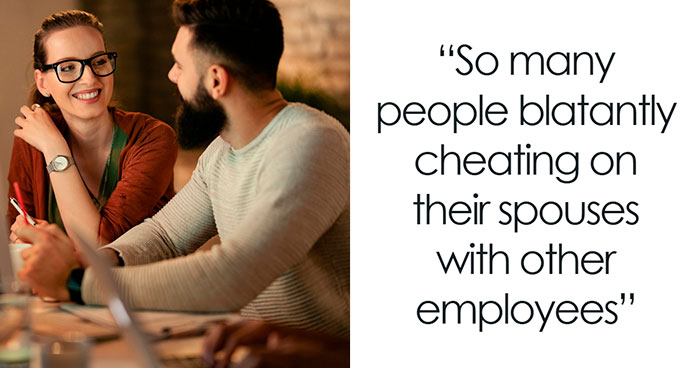
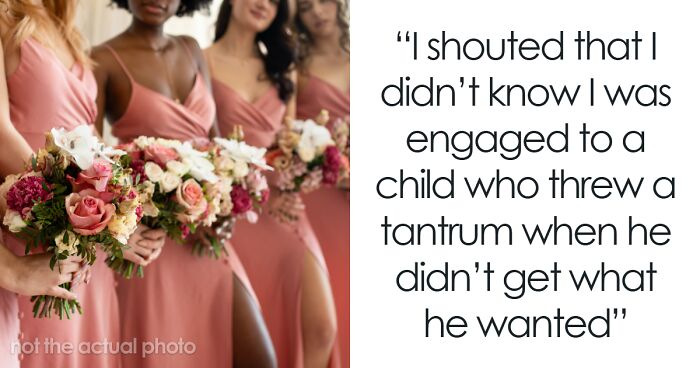
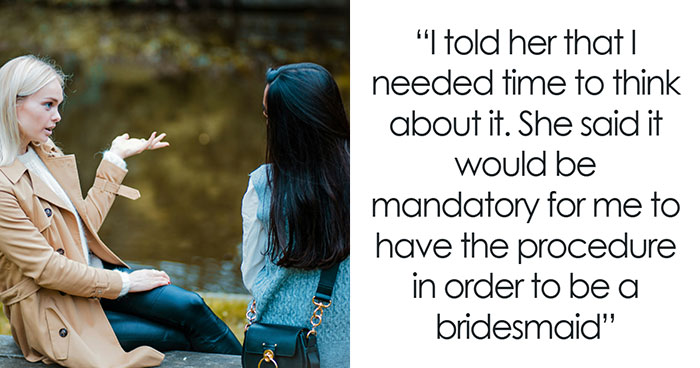
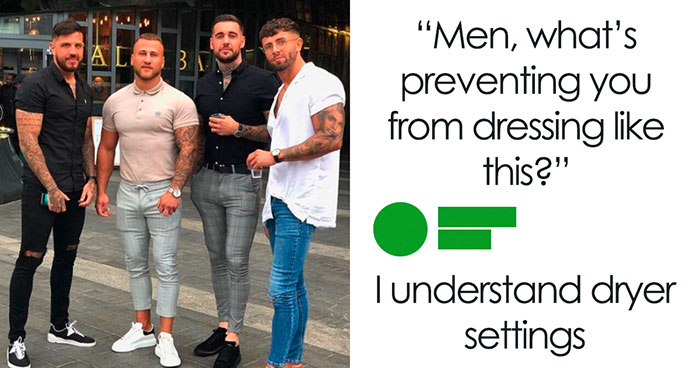



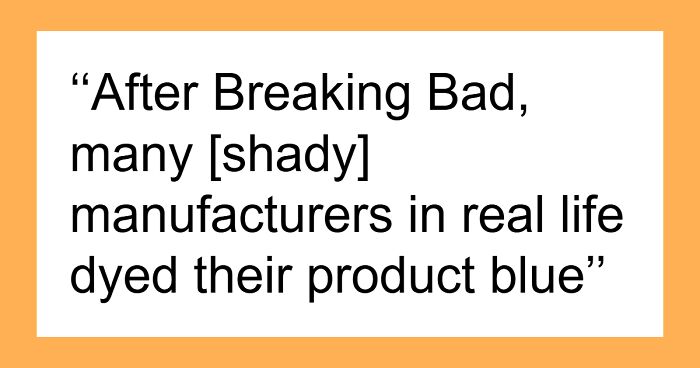
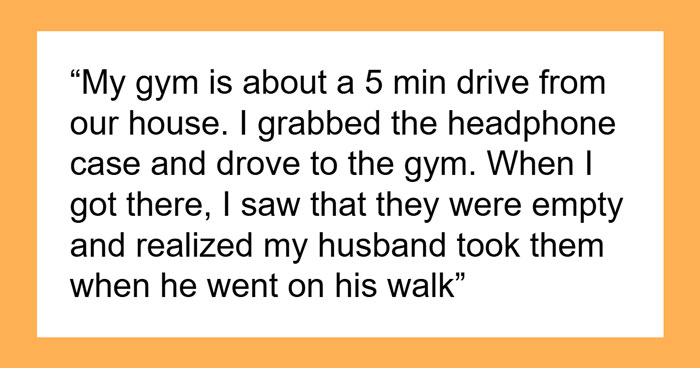
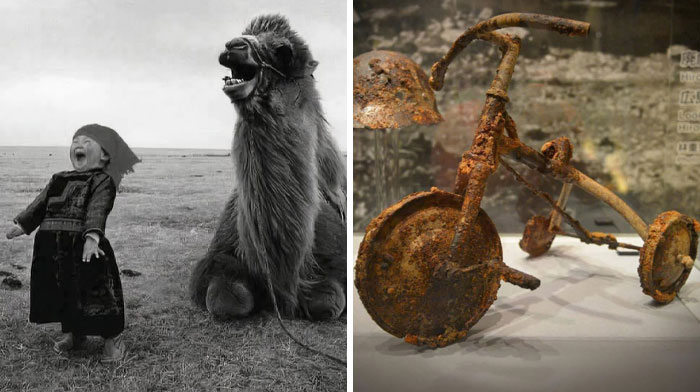
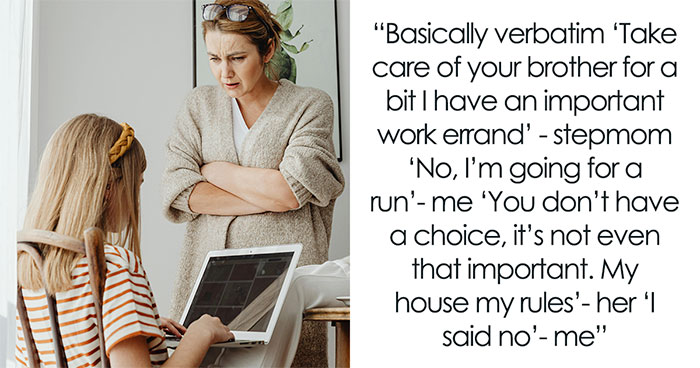

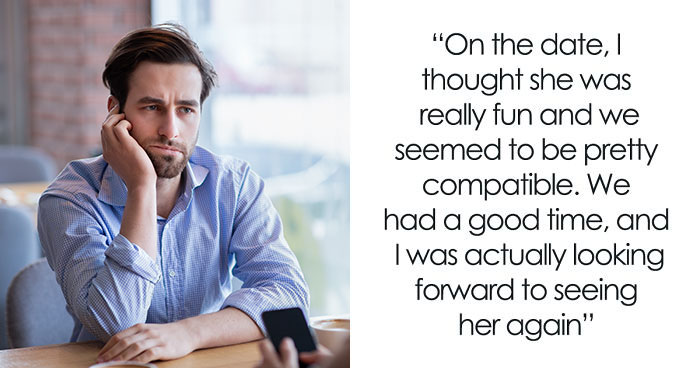
126
76